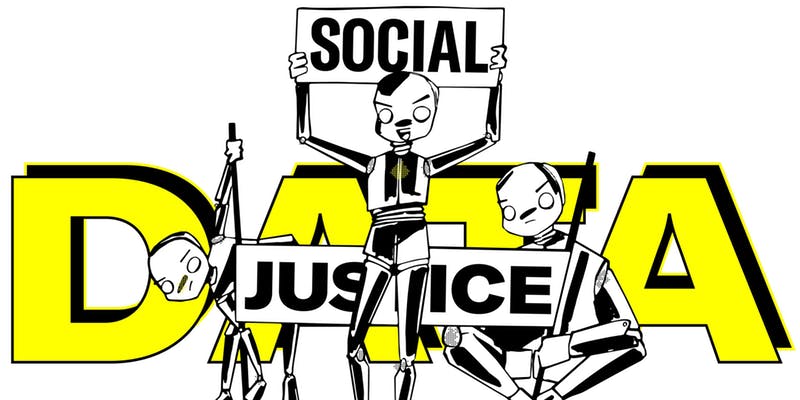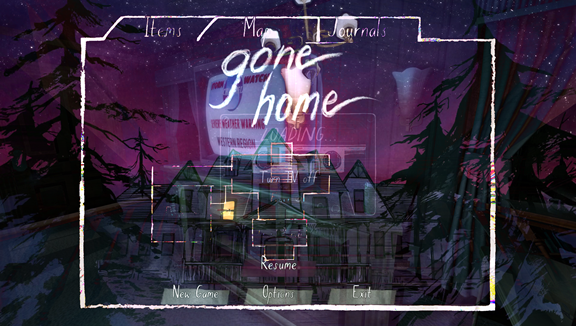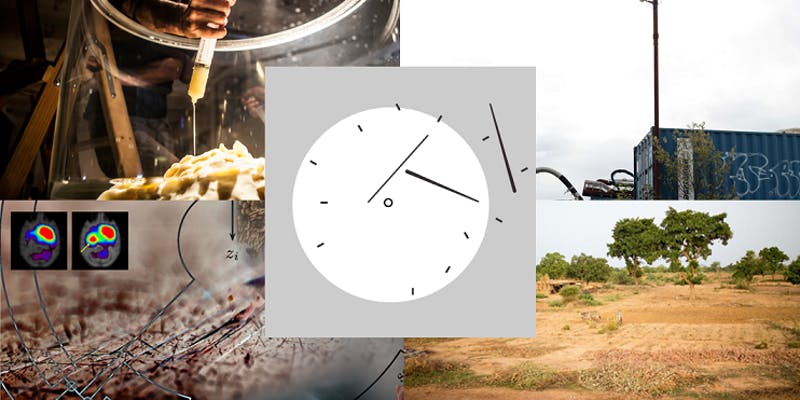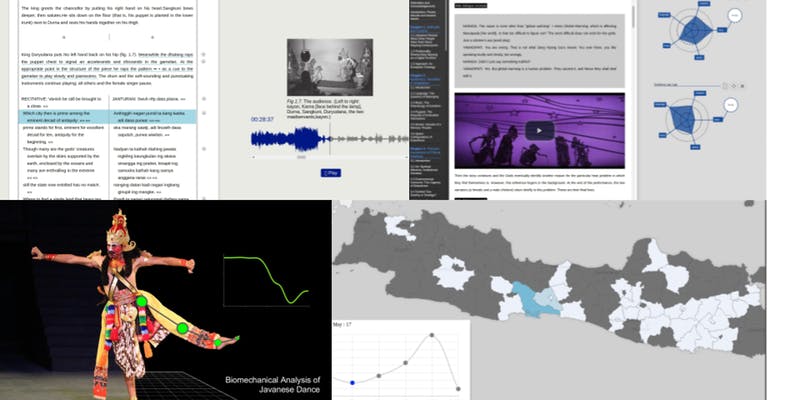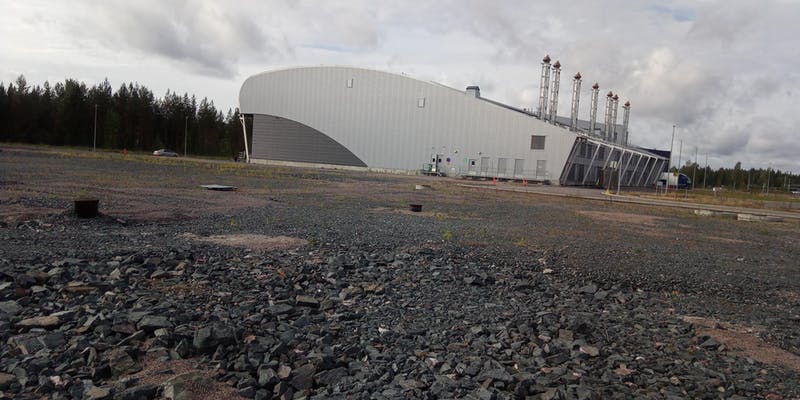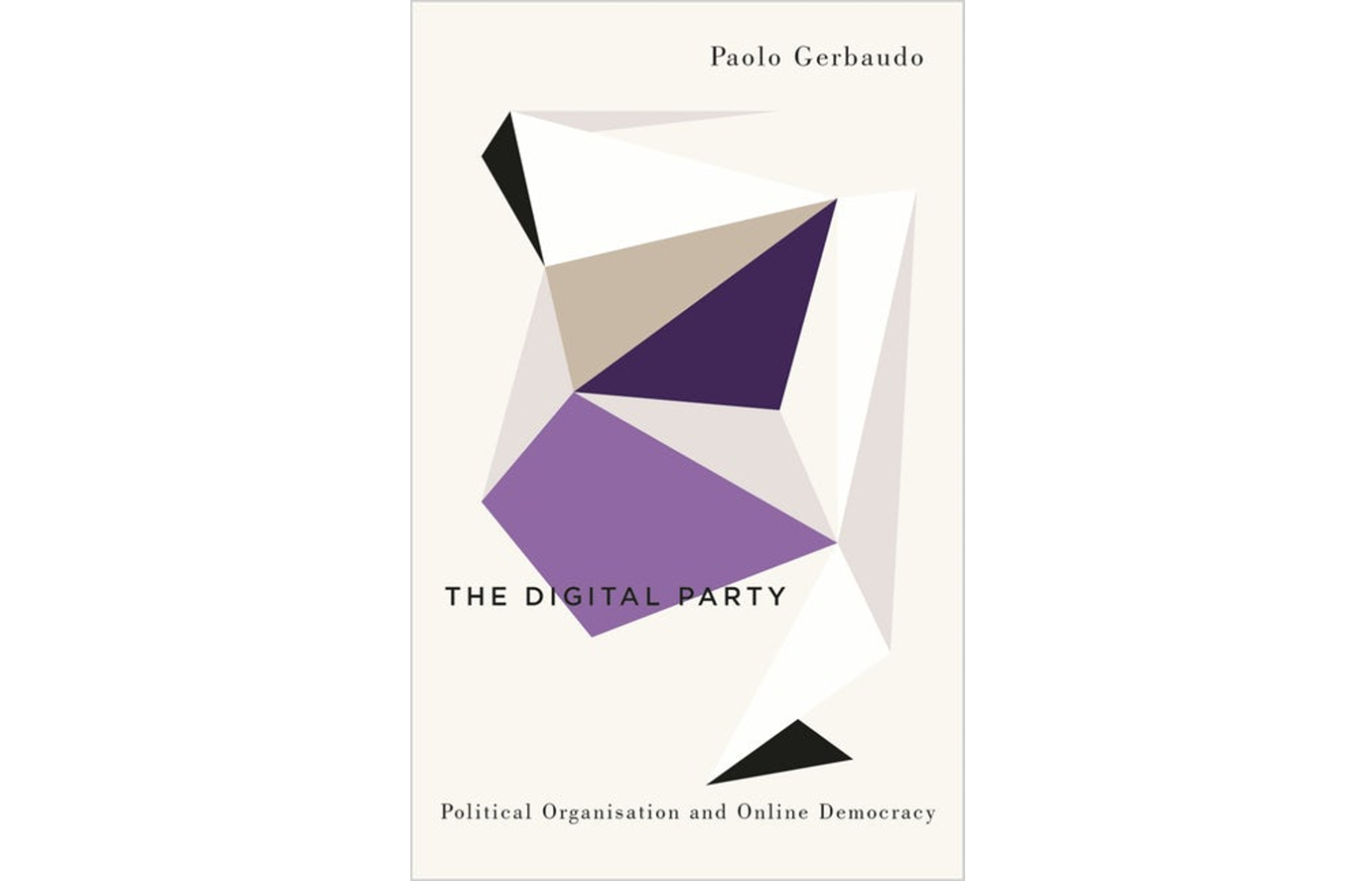[three_fourths]
What is at stake with data politics beyond privacy, security and efficiency? How do data systems reflect broader systems of injustice – and what might this mean for advancing social justice in an age of datafication? Join us for a public talk with Lina Dencik (Cardiff University) on her research about data justice and her work with the Data Justice Lab.
Surveillance capitalism, governance and social justice: moving beyond data centrism – Lina Dencik (Cardiff University)
The use of data and algorithmic processes for decision-making is now a growing part of social life. Digitally monitoring, tracking, profiling and predicting human behaviour and social activities is what underpins the new information order described as surveillance capitalism(s). Increasingly, it is also what helps determine decisions that are central to our ability to participate in society, such as welfare, education, crime, work, and if we can cross borders. How should we understand what is at stake with such developments? Often, we are dealt a simple binary that suggests that the issue is one of increased (state-)security and efficiency on the one hand and concerns with privacy and protection of personal data on the other. Recently, we have also seen a growing focus on questions of bias, discrimination and ‘fairness’ enter this debate. In this presentation, I will take stock of these concerns, and will draw on a number of different case studies across policing, welfare and border control that looks at the implementation of algorithmic processes in practice. I will make the case that we need to understand data systems as part of a broader transformation of governance that places much greater emphasis on why these technologies are developed and implemented in the first place and stresses how data practices relate to other social practices, rather than focusing on the data system itself. In so doing, I will outline a more comprehensive engagement with data politics, as the performative power of or in data (Ruppert et al. 2017), that considers how algorithmic processes relate to wider interests, power relations, and particular agendas. I will end by considering what this means for addressing challenges and advancing social justice in an age of datafication.
Bio: Dr Lina Dencik is Reader at Cardiff University’s School of Journalism, Media and Culture (JOMEC). Her research concerns the interplay between media developments and social and political change, with a particular focus on resistance. In recent years, she has moved into the areas of digital surveillance and the politics of data and she is Co-Founder of the Data Justice Lab. Lina has written several articles and books, most recently, Digital Citizenship in a Datafied Society (with Arne Hintz and Karin Wahl-Jorgensen, Polity Press 2018). Her current project, funded by an ERC Starting Grant, is ‘Data Justice: Understanding datafication in relation to social justice’ (DATAJUSTICE).
This event is part of an ongoing seminar series on “critical inquiry with and about the digital” hosted by the Department of Digital Humanities, King’s College London. If you tweet about the event you can use the #kingsdhhashtag or mention @kingsdh. If you’d like to get notifications of future events you can sign up to this mailing list.
[/three_fourths]
[one_fourth_last]
Date and time
Wed 30th January 2019
16:00-17:30 GMT
Location
The Old Anatomy Lecture Theatre, K6.29
Strand Campus, King’s College London
Strand
London
WC2R 2LS
[button open_new_tab=”true” color=”accent-color” hover_text_color_override=”#fff” size=”medium” url=”https://www.eventbrite.co.uk/e/surveillance-capitalism-governance-and-social-justice-moving-beyond-data-centrism-tickets-53829554647″ text=”Register” color_override=””]
[/one_fourth_last]

